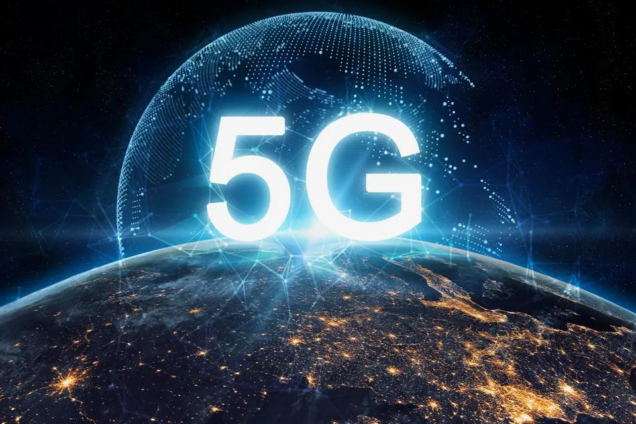The Government has been urged to prioritise immediate interventions to ensure a stable electricity supply to support Ghana’s rollout of the Fifth Generation (5G) mobile broadband services.
The country, having granted a license to Next-Gen Infrastructure Company, is expected to roll out 5G services from the third quarter of 2024 towards a fully digitised society by 2030 and deliver affordable services to users.
In a press release copied to the Ghana News Agency on Monday, June 3, the Africa Centre for Digital Transformation (ACDT) recognised the importance of such network infrastructure to the country.
The Centre indicated that 5G was designed to support fast networking speeds for the Internet of Things (IoT), including medical devices, and called on the government to address the power crisis to ensure its successful implementation.
A 2021 study published by the European Scientific Journal noted that a 5G site has power needs of over 11.5 kilowatts, up nearly 70 per cent from a base station deploying a mix of 2G, 3G, and 4G radios.
It attributed this to 5G base stations requiring several new, ‘power hungry’ components, including microwave or millimetre-wave transceivers, faster data converters, as well as multiple input/output antennas as the reasons.
It is against that background that Kwesi Atuahene, Executive Director, ACDT, urged the government to “focus its immediate efforts on the upgrading and expansion of electricity infrastructure to improve reliability and reduce the frequency of power outages”.
He encouraged the government to explore renewable energy solutions such as solar, and wind power to supplement traditional hydropower sources and enhance the resilience of the power grid.
Kwesi Atuahene also called for the strengthening of the capacity and efficiency of backup power systems for the 5G network infrastructure, including the deployment of advanced battery technologies and efficient generator systems.
He noted that the current power outages could degrade the quality of service for 5G users, resulting in slower data speeds, dropped calls, and cause communication disruptions.
That, the Executive Director of ACDT said could have an impact on a range of sectors dependent on 5G connectivity, such as healthcare, manufacturing and transportation.
He called on all stakeholders, including government agencies, private sector entities, and Civil Society Organisations (CSOs) to work together to address the power crisis.
That, he said should be done before opening a conversation about unlocking the transformative power of 5G telephony services for Ghana’s sustainable development.
Latest Stories
-
Joy FM Prayer Summit for Peace ends in electrifying worship and prayer
3 hours -
The Conscience of Leadership: A call to President Akufo-Addo on Ghana’s environmental devastation
3 hours -
Ghanaian youth unaware of their right to hold politicians accountable – Youth Bridge Foundation
4 hours -
Judge delays Trump sentencing for a third time
4 hours -
2024 WAFCON: Ghana drawn against defending champions South Africa in Group C
5 hours -
Photos from DW-JoyNews street debate on ‘galamsey’
6 hours -
Mimmy Yeboah: Blending heritage with global sophistication, confidence redefined through couture
6 hours -
100 Most Influential People Awards 2024: Brain Hill International School’s Director Mary Anane Awuku honoured
6 hours -
Akufo-Addo commissions 97-km Tema-Mpakadan railway line
6 hours -
Majority requests recall of Parliament
6 hours -
Kanzlsperger and Professor Quartey support WAFA with medical Donation
7 hours -
Gideon Boako donates 10 industrial sewing machines to Yamfo Technical Institute
7 hours -
‘Golden Boy’ Abdul Karim Razak honored at WAFU-B general assembly
7 hours -
Buipewura Jinapor secures Vice Presidential position in National House of Chiefs with record votes
7 hours -
2024 election: I want results to come out like ‘milk and honey’ – Toobu
7 hours

